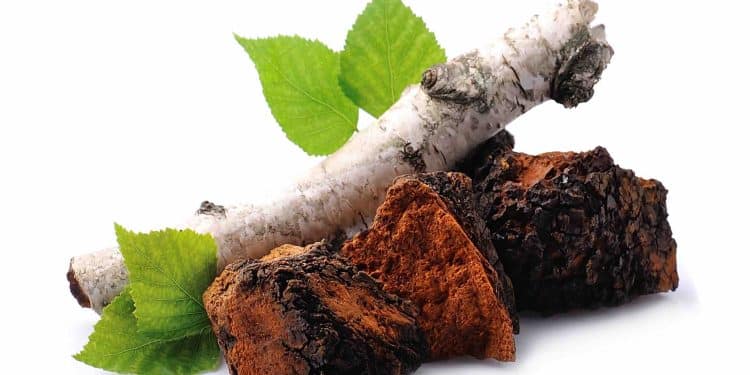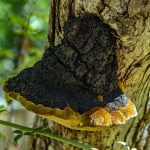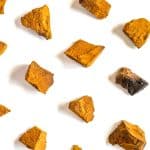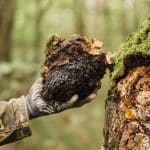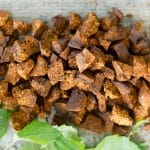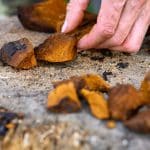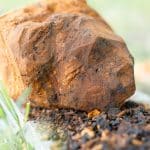Studies conducted by Japanese scientists Yusoo Shin, Yutaka Tamai, Minoru Terazawa, and results of studies conducted in Siberia, overseen by Prof. Teplyakova, showed that the unique three-terpene compounds, chromogen-polyphenol complexes contained in the wild chaga mushrooms, helped to resist several viruses.
Chaga mushrooms extract has shown an ability to protect healthy cells against the herpes virus, based on studies on antiviral activities in a Vero cell culture.
In addition, chaga proved to be effective in combating HIV-1, West Nile virus (WNV), influenza viruses of different subtypes, and smallpox and monkeypox viruses.
According to scientists, antiviral effects of medicinal Chaga are associated with a non-specific response with virus particles. Compounds obtained from Chaga may bind with healthy cells, thereby protecting the hosts cells against various viruses.
Studies have been conducted with many mushrooms, however, only Chaga has shown the greatest antiviral activity. The analysis by electron microscopy of microscopic structures of the Chaga mushrooms allowed us to conclude that the outer layers of the mushrooms, which are characterised by higher melanin content than those in the inner layers, may also be described as denser structures, complicating the extraction process, therefore, the strengthening of the process through different methods is of great urgency to researchers.
Learn More:
Does chaga mushroom help with hypothyroidism?
Is chaga mushroom good for stress and anxiety?
You can find our favorite capsules, powders, and tincture’s on the following pages of our website and learn more about each individually:
